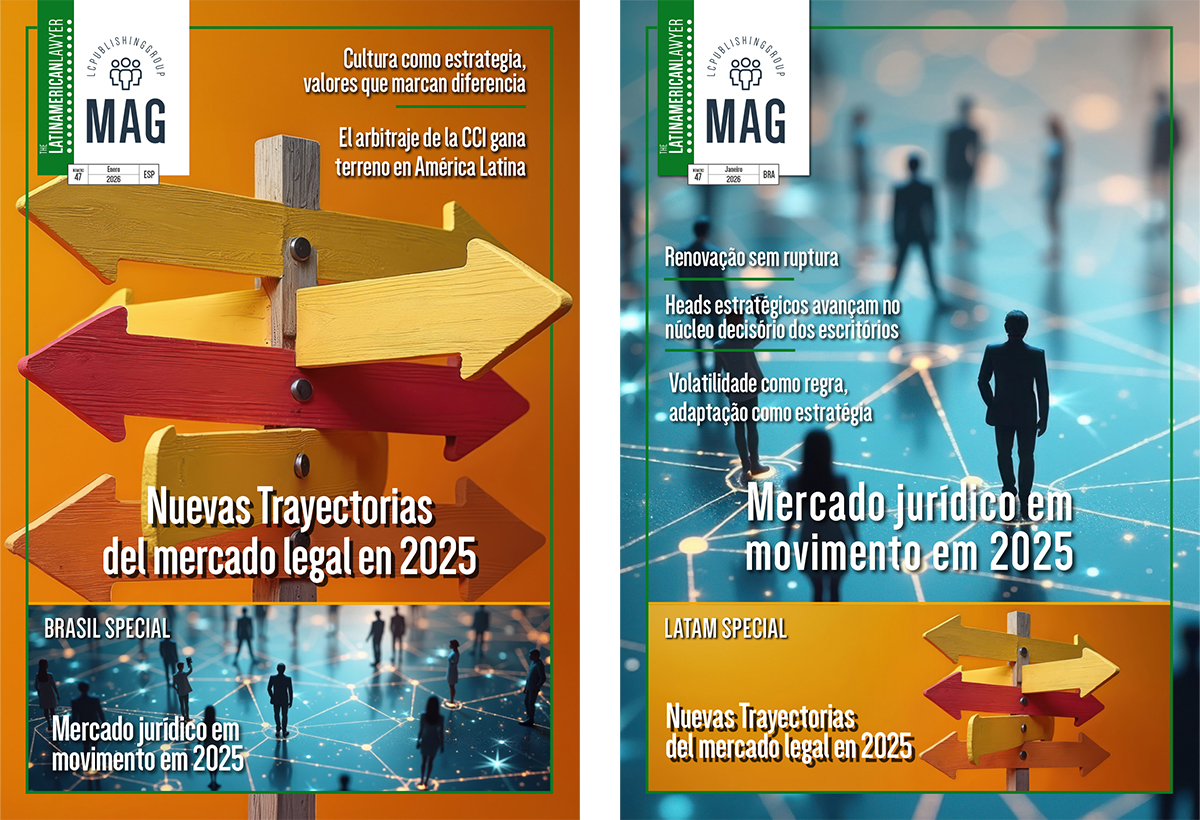Mexico issues first licence under new FinTech law

Mexico’s National Banking and Securities Commission (CNBV) has issued its first licence under its new fintech law, which authorises NVIO Pagos México, an affiliate of Bitso, a cryptocurrency market, to operate as a financial technology institution.
 This is the first licence issued since the March 2018 enactment of the the country’s Financial Technology Institutions Law (FinTech Law), and will likely be the first of many licences granted to FinTech companies in the coming months, according to law firm Latham & Watkins in an article authored by partners Yvette D. Valdez (pictured), and Roderick O. Branch.
This is the first licence issued since the March 2018 enactment of the the country’s Financial Technology Institutions Law (FinTech Law), and will likely be the first of many licences granted to FinTech companies in the coming months, according to law firm Latham & Watkins in an article authored by partners Yvette D. Valdez (pictured), and Roderick O. Branch.
At least 85 entities have filed licence applications with the CNBV, creating more opportunities for investors to leverage the potential of Mexico’s FinTech market within a regulated environment, according to the law firm.
“Mexico became the first Latin American country to put specific and comprehensive regulation of the financial technology sector in place when it enacted its FinTech Law, prompting a positive reaction among investors and FinTech companies with established business models,” it added.
“As with new regulation in any industry, however, certain participants — specifically the majority of FinTech startups — raised questions about how the government would approach implementation and enforcement.”
According to the law firm, at a high level, the FinTech Law subjects FinTech companies to similar regulatory and supervisory requirements as those applicable to banks and other financial institutions in Mexico, including the supervisory oversight of the CNBV. In addition to obtaining a licence to do business, authorised FinTech companies are required to comply with minimum capital and reporting and disclosure requirements as well as restrictions on transfers of funds with certain non-Mexican financial institutions. T
The new law also creates a sandbox regime for FinTech startups of up to two years that allows them to operate under a temporary license without having to comply with all of the regulatory requirements at once. As a result, new entities that serve a small number of customers can test innovative technologies. Although the FinTech Law also regulates crowdfunding, e-money institutions, and virtual assets such as cryptocurrencies used by financial technology institutions and banks, other sectors such as retail or enterprise financial management and insurtech are carved out from the new law’s regulatory regime, the firm said.
“These developments arise against the backdrop of a Mexican economy currently facing a number of challenges, including a slight economic contraction in 2019 (the first since 2009, according to the Mexican national statistics office (INEGI)) and various controversial decisions by the new Mexican presidential administration that have increased uncertainty among domestic and international investors.
But there are also opportunities. Despite the fact that Mexico’s economy is the world’s 15th largest, according to the International Monetary Fund, a 2018 survey by INEGI and the CNBV revealed that 32% of the Mexican population does not have a bank account and only 24.6 per cent owns a credit card. As a result, Mexico is an attractive growth target for the FinTech industry, and the regulatory developments in the sector promise to establish Mexico as a FinTech leader in the region.”
The law firm says that investors seem to be betting accordingly. The Association for Private Capital Investment in Latin America reported that venture capital firms invested nearly $700 million in more than 160 deals in the Latin American FinTech sector during 2017-2018, and Finnovating reported growth in 2019 of more than 180 per cent in investments made in FinTech companies across Latin America.
“Mexico’s FinTech Law aims to promote customer protection, market integrity, and robust growth in the sector by providing legal and regulatory certainty without limiting innovation — a balance that will be no small feat if regulators can achieve it. And while bumps along the way are to be expected, the move is a bold step toward enhancing financial inclusion and economic growth in Mexico in a way that is likely to create opportunities for domestic and international companies, investors, and other market actors to continue participating in Mexico’s thriving financial technology ecosystem,” the law firm said.















